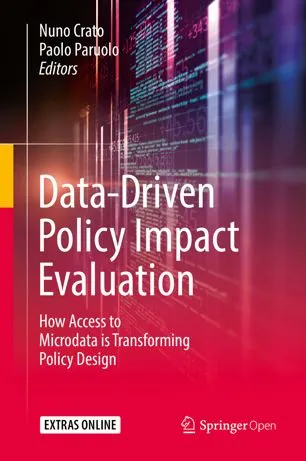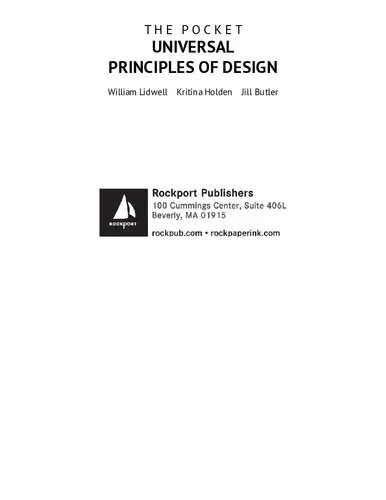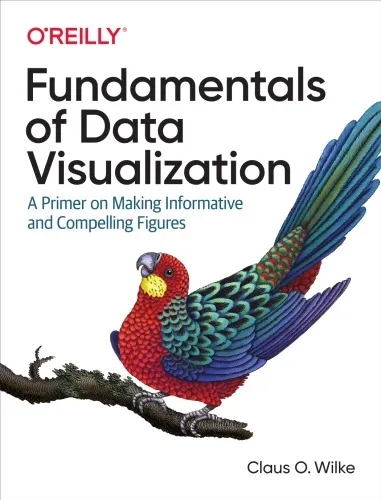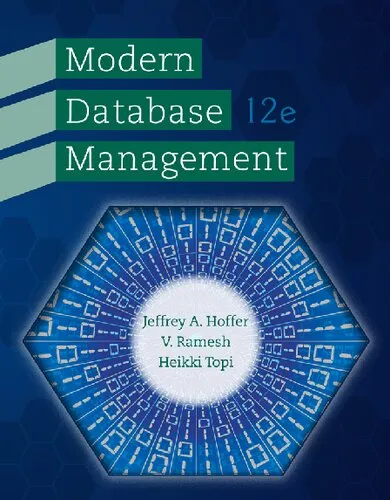Data-Driven Policy Impact Evaluation: How Access to Microdata is Transforming Policy Design
4.5
Reviews from our users

You Can Ask your questions from this book's AI after Login
Each download or ask from book AI costs 2 points. To earn more free points, please visit the Points Guide Page and complete some valuable actions.Related Refrences:
Introduction to "Data-Driven Policy Impact Evaluation: How Access to Microdata is Transforming Policy Design"
In an era dominated by the digital revolution, policymakers worldwide grapple with the challenge of designing and evaluating policies that effectively address the complexities of modern societies. Enter the groundbreaking exploration presented in the book, “Data-Driven Policy Impact Evaluation: How Access to Microdata is Transforming Policy Design.” Authored by Nuno Crato and Paolo Paruolo, the book offers readers an incisive look into how microdata — granular, individual-level data — is fundamentally reshaping the way we create, implement, and assess public policies.
Microdata has emerged as an unparalleled tool, enabling policymakers and researchers to move beyond traditional macro-level analyses and instead focus on the nuanced, real-world impacts of policy interventions. At the center of this paradigm shift is the ability to use detailed data sets to achieve evidence-based decisions, rigorously evaluate the effectiveness of programs, and ensure policy transparency and accountability. This book serves as both a theoretical guide and a practical manual on how to leverage the power of microdata effectively. Whether you are a data scientist, policymaker, academic, or simply someone with a vested interest in the future of public governance, this work provides a compelling narrative on how data-driven approaches are the future of policy design.
Detailed Summary of the Book
The book is structured around two core themes: the critical role that microdata plays in modern policymaking and the methodologies required to harness its potential effectively. It discusses not only the technical aspects of working with microdata but also the ethical implications, privacy concerns, and governance challenges involved in accessing and analyzing such data.
One of the opening chapters delves into the origins of microdata in policy evaluation, explaining how advancements in computational power and data storage have paved the way for detailed analyses of individual behaviors, environmental impacts, socioeconomic conditions, and more. The authors then transition into case studies that illustrate the tangible benefits of using microdata to inform policies. Examples include health care reform, education quality assessment, environmental protection efforts, and labor market interventions.
Midway through the book, readers are introduced to sophisticated statistical methods and machine learning tools that enhance the analysis of microdata. A focus is placed on causal inference, the backbone of any effective policy evaluation. Numerous real-world applications of these techniques are explored to show how microdata not only measures outcomes but also helps attribute changes directly to specific interventions.
The latter part of the book addresses the broader societal implications of adopting microdata-driven policies. Ethics, data protection, and equitable data access are topics discussed in detail. The authors offer a balanced perspective, emphasizing the need to safeguard individual privacy while encouraging collaboration and innovation through managed openness of data sets.
Key Takeaways
- Microdata enables highly granular policy insights, offering actionable recommendations based on real-world evidence.
- Effective policy evaluation requires a combination of statistical techniques, causal inference models, and advanced computational tools.
- Accessing and analyzing microdata raises ethical challenges that must be addressed to preserve public trust.
- The future of policy-making is interdisciplinary, requiring collaboration between data scientists, economists, sociologists, and other experts.
- Well-executed data-driven policies lead to improved transparency, accountability, and measurable outcomes for society.
Famous Quotes from the Book
"Data, like fire, is both a powerful tool and a dangerous force. Harnessed correctly, microdata transforms policymaking into an evidence-based art. Used carelessly, it risks reducing individuals to mere numbers." — Nuno Crato & Paolo Paruolo
"The ability to measure small changes in individual lives can ripple outward to orchestrate profound societal impacts." — Nuno Crato & Paolo Paruolo
"Policy design in the 21st century demands not only data but wisdom: When to trust the numbers, and when to humanize the story behind them." — Nuno Crato & Paolo Paruolo
Why This Book Matters
In an increasingly complex and interconnected world, the challenges faced by policymakers are multifaceted and global in scope. The need for innovative, evidence-driven approaches to tackling these challenges has never been greater. This book stands out as a critical resource because it addresses not only the technical aspects of policy evaluation but also the human, ethical, and collaborative dimensions of working with data.
By bridging the gap between theory and practical application, the authors inspire a new generation of thinkers to embrace microdata as an essential tool for societal improvement. The book’s discussions on equity, inclusivity, and ethical data usage are particularly important in a time of growing concerns about data privacy and the misuse of algorithms.
“Data-Driven Policy Impact Evaluation: How Access to Microdata is Transforming Policy Design” fosters a deeper understanding of how to blend technology, data, and human insight to create policies that genuinely benefit the public. It empowers policymakers to think critically, act responsibly, and design interventions that make a measurable, positive difference. This book is not just a guide but a manifesto for a smarter, data-enabled world.
Free Direct Download
You Can Download this book after Login
Accessing books through legal platforms and public libraries not only supports the rights of authors and publishers but also contributes to the sustainability of reading culture. Before downloading, please take a moment to consider these options.
Find this book on other platforms:
WorldCat helps you find books in libraries worldwide.
See ratings, reviews, and discussions on Goodreads.
Find and buy rare or used books on AbeBooks.
1252
بازدید4.5
امتیاز50
نظر98%
رضایتReviews:
4.5
Based on 0 users review
"کیفیت چاپ عالی بود، خیلی راضیام"
Questions & Answers
Ask questions about this book or help others by answering
No questions yet. Be the first to ask!














